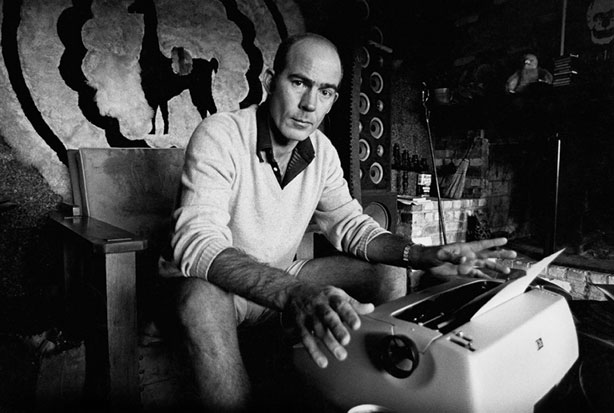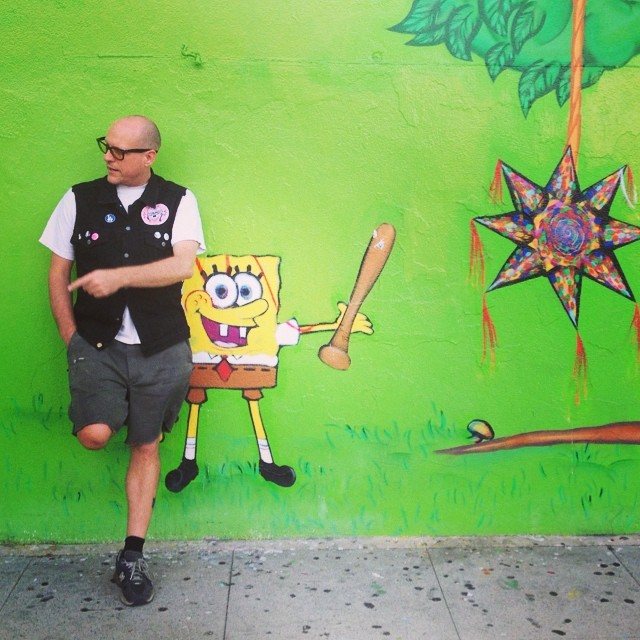
Ken Nichols poses the question “What can we steal from Jim Ruland’s Forest of Fortune?” and presents this intriguing answer:
Forest of Fortune is a novel that defies easy categorization and does so in the best of ways. The book is certainly “literary,” whatever that means. Mr. Ruland has also packed in elements of the supernatural thriller; the titular casino game, for instance, seemed to echo the evil games of chance in the Twilight Zone episodes “The Fever”and “Nick of Time.” The book also confronts a vast canvas; it’s not just the story of three people who have a location in common. Taken as a whole, Forest of Fortune is a somewhat sprawling depiction of a place that is at once sad and joyful, a place where the hopeless cater to the hopeful and most visitors don’t notice the irony that they have traveled to the middle of nowhere to surround themselves with bright, flashing lights and contrived excitement.








